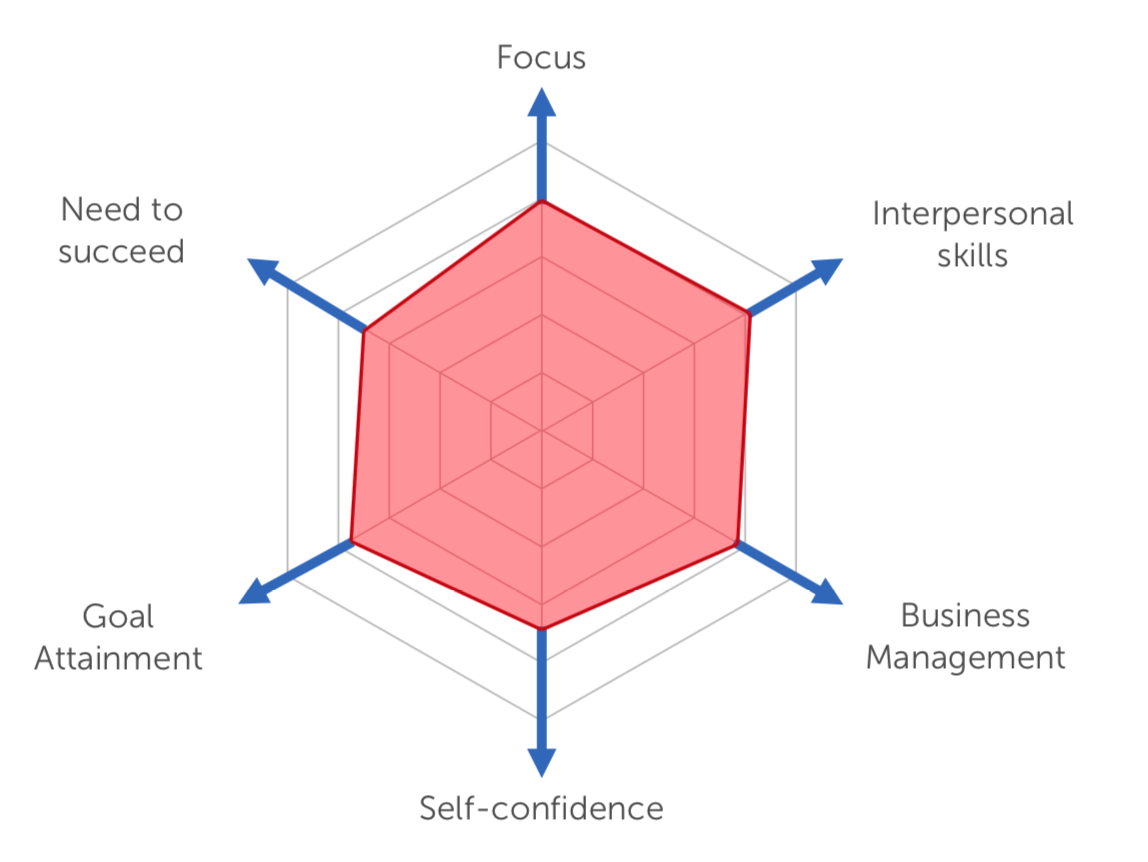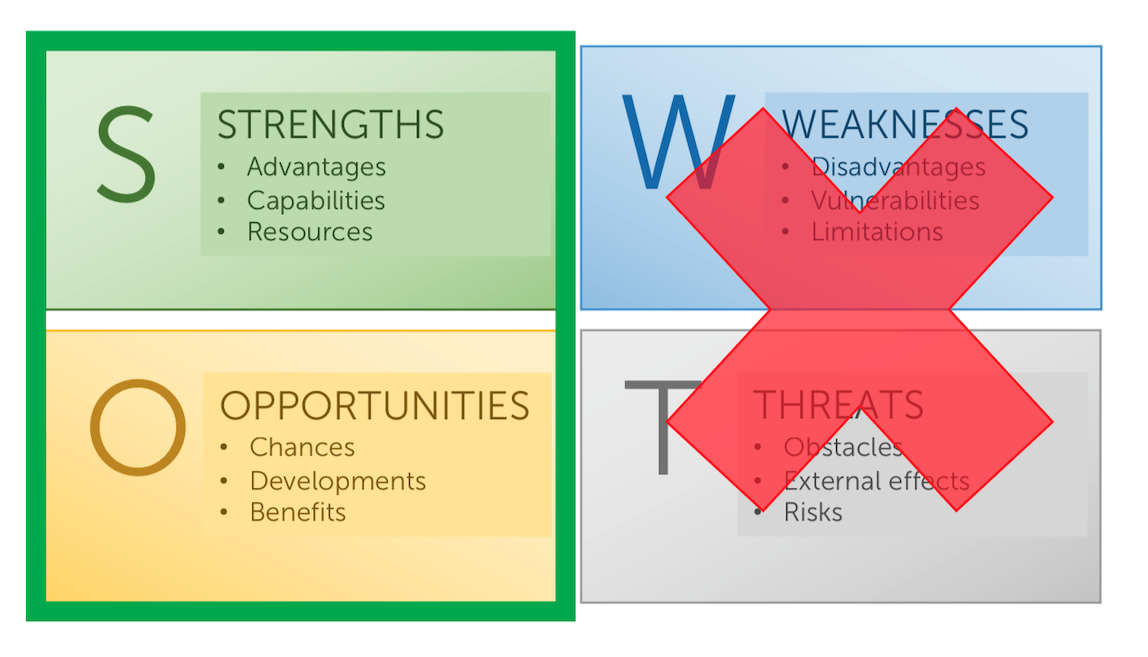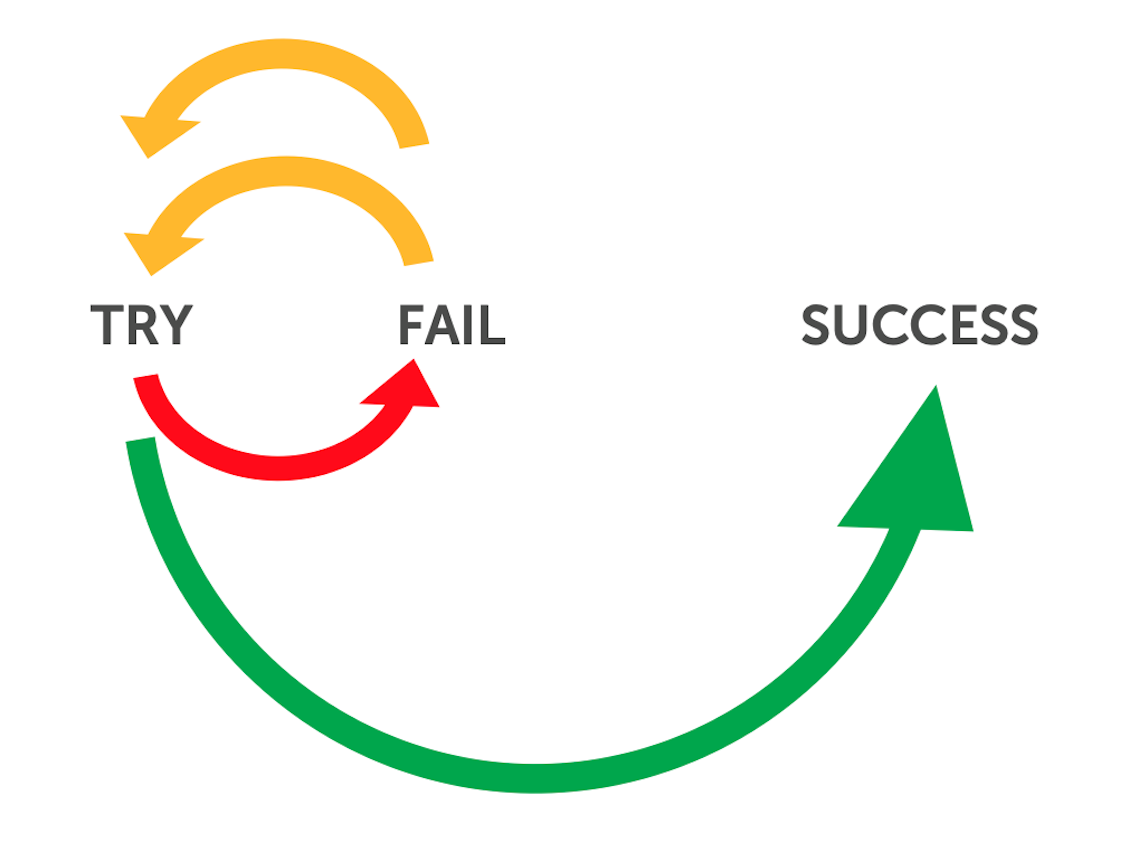You've successfully copied this link.
How to use coaching to transform your team

There are thousands of personal and business coaches in Australia and it sometimes seems like there are hundreds of real estate coaches. So, how do you find the right coaching for your real estate team?
Is coaching important? It can be. Good coaching can be a crucial support that helps agents and property managers break through barriers, surpass past performance levels, and achieve unexpected success. Good coaching can help your team hone the skills, focus, and drive the need to succeed. The research shows that coaching drives improvements in interpersonal skills, business management, self-confidence, and goal attainment.

But not only is bad coaching a waste of time and money, it can also be counterproductive. We provide coaching to our team of more than 10,000 Juwai IQI real estate agents, mostly in Asia. Here, I will share some things we have learned.
Will coaching work?
The truth is, not even the best coach can guarantee that coaching will work for your team. Success doesn’t depend upon them. It depends upon you.
Yes, things will be easier if you select a coach who works well with your team. Even so, it is the choices that you make in designing, implementing, and communicating about your coaching program that will make it succeed or fail.
To help me with this article, I sat down with my fellow Juwai IQI Board member, Kashif Ansari. Ansari is the person in charge of the coaching we provide to the more than 10,000 agents in our IQI Global real estate sales team. He said:
"The most important thing is that the trainer or The most important thing is that the trainer or coach needs to match with your culture."
You will find coaches of every type, culture, gender, age, and outlook. None of these characteristics are as important, however, than that the coach or coaches you select understand and get along well with the members of your team. It’s an intangible quality, but very important.
Even good coach will struggle to light a fire if they do not understand your team’s culture. You want a coach who is not only effective but also shares your values and culture. At Juwai IQI, most of our team is aged 35 years or younger, and we tend to hire coaches in a similar age bracket for just this reason.
Accentuate the positive
Many coaching programs fail when team members perceive them as punishment or as a signal that management is dissatisfied with their performance. Your coaching program will be most successful if you accentuate the positive. Talk up the benefits your team members will obtain from coaching. Emphasize that it is an opportunity for them rather than a burden on their shoulders.
Instituting a coaching program should be a display of confidence in your team, a chance for them to play a bigger role in your organization’s growth, and a gift that allows them to achieve successes they might not have imagined were possible.
Don’t talk about coaching programs as if they were remedial. Instead, express your belief that coaching is a form of empowerment that lets everyone achieve their personal best.

How long does coaching last?
You can structure your coaching program according to your team’s needs. There is no one-size-fits-all model. The least-cost way to proceed is by having your team participate in seminars and other group events.
If you can invest more time and money, you can arrange for each team member to have solo sessions or video calls with a coach every week or month. These one-on-one meetings allow them to delve into personal issues that affect their performance and to raise sensitive topics that they prefer not to share with the whole team.
To ensure that the coaching is on course, I advise requesting periodic updates from the coach. You can also debrief your team members on a regular basis. These insights will help you ensure your money is being invested wisely and remind your team members that you care about their success.
How long does coaching last? Well, three months, six months, eight months, and even 10 months might not be enough.
Coaching fails when people backslide to their old way of doing things and their old limited mental frameworks. Coaching succeeds when it helps your team members move permanently to a higher level of performance and actualization. If your team doesn’t internalize the improvements, then the coaching has not succeeded. Also, as team members come and go, the benefits of your investment in coaching could be diluted as fewer and fewer of the original participants remain.
"I always advise you go into coaching expecting to stick with it for at least 12 to 18 months. If you ” can make it a permanent part of your real estate business, even better."
Of course, you can at any time adjust your strategy, change coaches, offer new resources, or change your approach. This will help keep your coaching fresh and relevant. Even so, consider coaching a fixture of your team, rather than a one-off.
Does my coach need to be a real estate expert?
This is the question that bedevils people most when it comes to hiring a coach for real estate teams. Must your coach be an industry expert who has their own successful career of sales, management, or investing? Or can they be from a different background?
I believe that a real estate background is not necessary for your coach.
No one would say American coach Phil Jackson was a better basketball player than Michael Jordan. And your coach doesn’t have to better understand the real estate market than you do. Instead, your coach must have a record of success in their own field, which, of course, is coaching.
"That is how you consider a coach: by their coaching success, not by their real estate record."
Can women coach?
I suggest that you consider female coaches first.
In our society, male coaches get most of the opportunity and most of the attention, but they are not necessarily superior. When tennis superstar Andy Murray appointed Amelie Mauresmo as his coach in 2015, he was shocked by the outpouring of criticism she received. But Murray actually valued her more highly than male coaches.
"I've found it difficult to open up” with other men, he said. Male coaches can let their competitive spirit interfere with their role as advisor and mentor.
"I don't feel like I'm competing with Amelie. When we're talking, it's more of a collaboration."
Don't hold back
In the end, remember that coaching involves people, so it will be hard to get right the first time. Failure is an inherent risk when you try to offer a self-improvement or motivational resource like coaching to your team.
Don’t lose heart. Your sincere efforts will be appreciated by your team. By taking stock and adjusting as you go, you should be able to generate better and better results as time goes on. Before long, it will be hard to imagine ever going back.
Remember the old wisdom attributed to Scottish king Robert the Bruce, who is said to have used it to inspire his troops before they defeated the English at Bannockburn in 1314: “If at first you don’t succeed, try, try again.”
And that is perhaps the best coaching advice ever given.

This article was written by Georg Chmiel, Executive Chairman of Juwai IQI Holdings
Liked this article? Sign up for free to get Juwai Juwai Asia Market updates!
2025 © Juwai. All Rights Reserved Privacy Policy | Terms of Service



